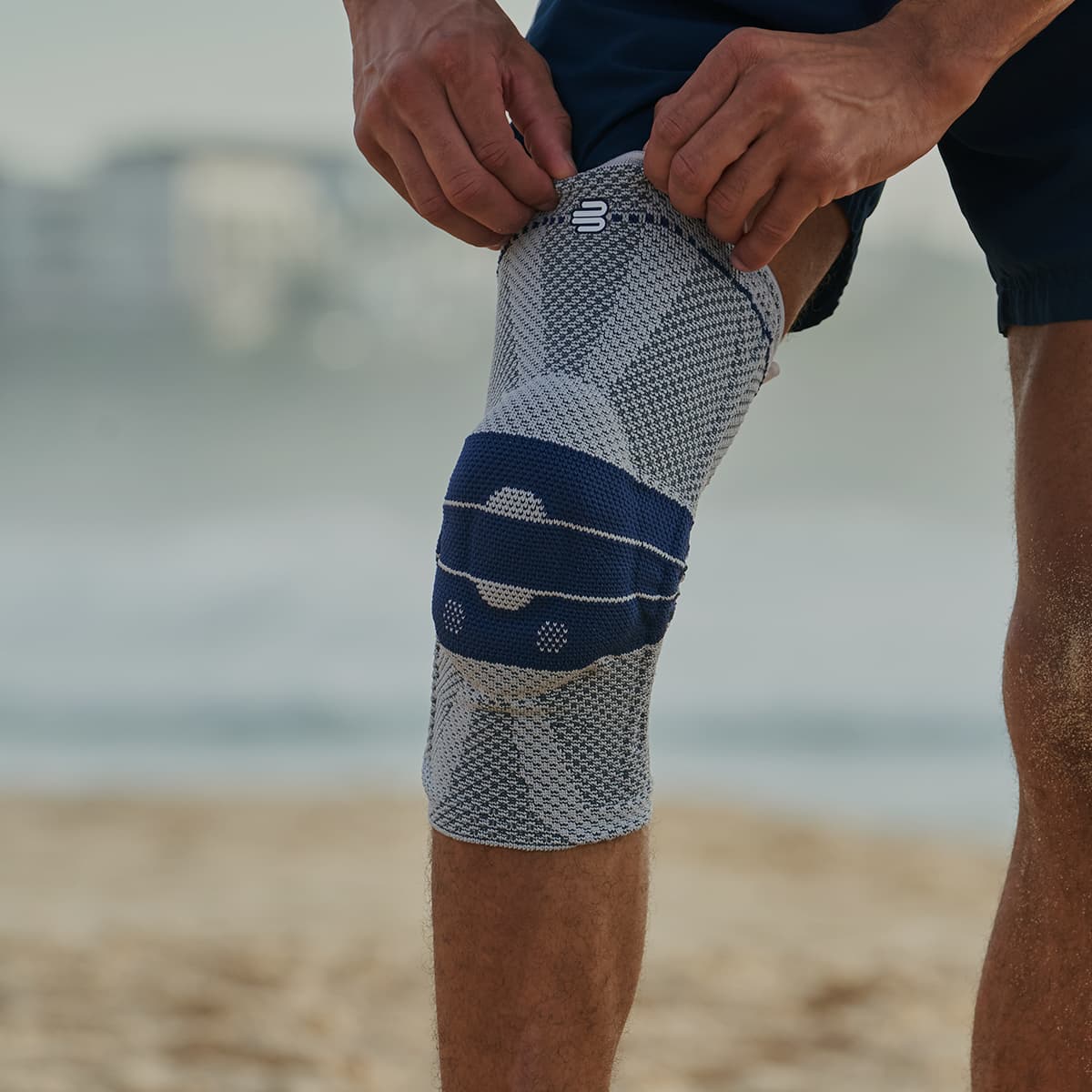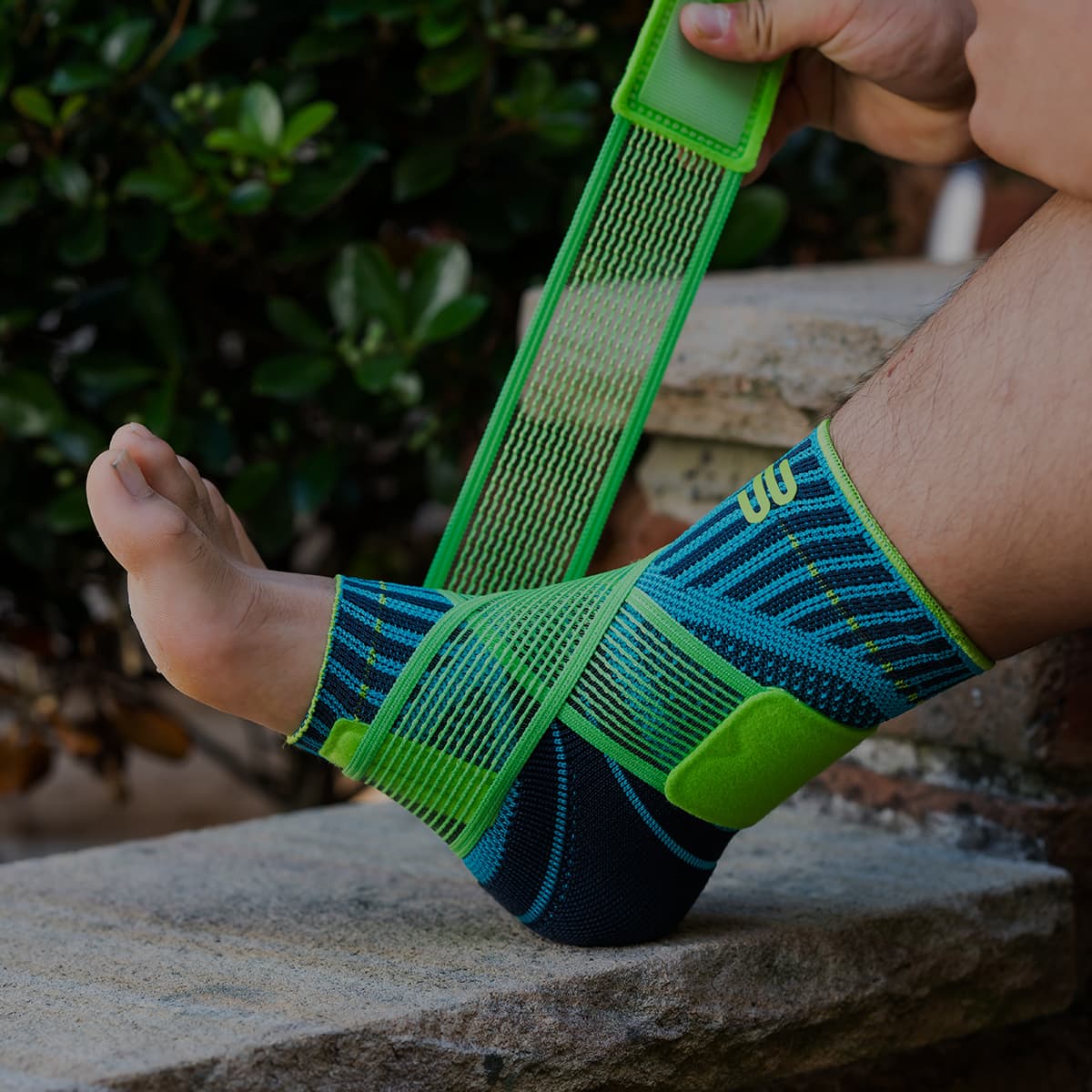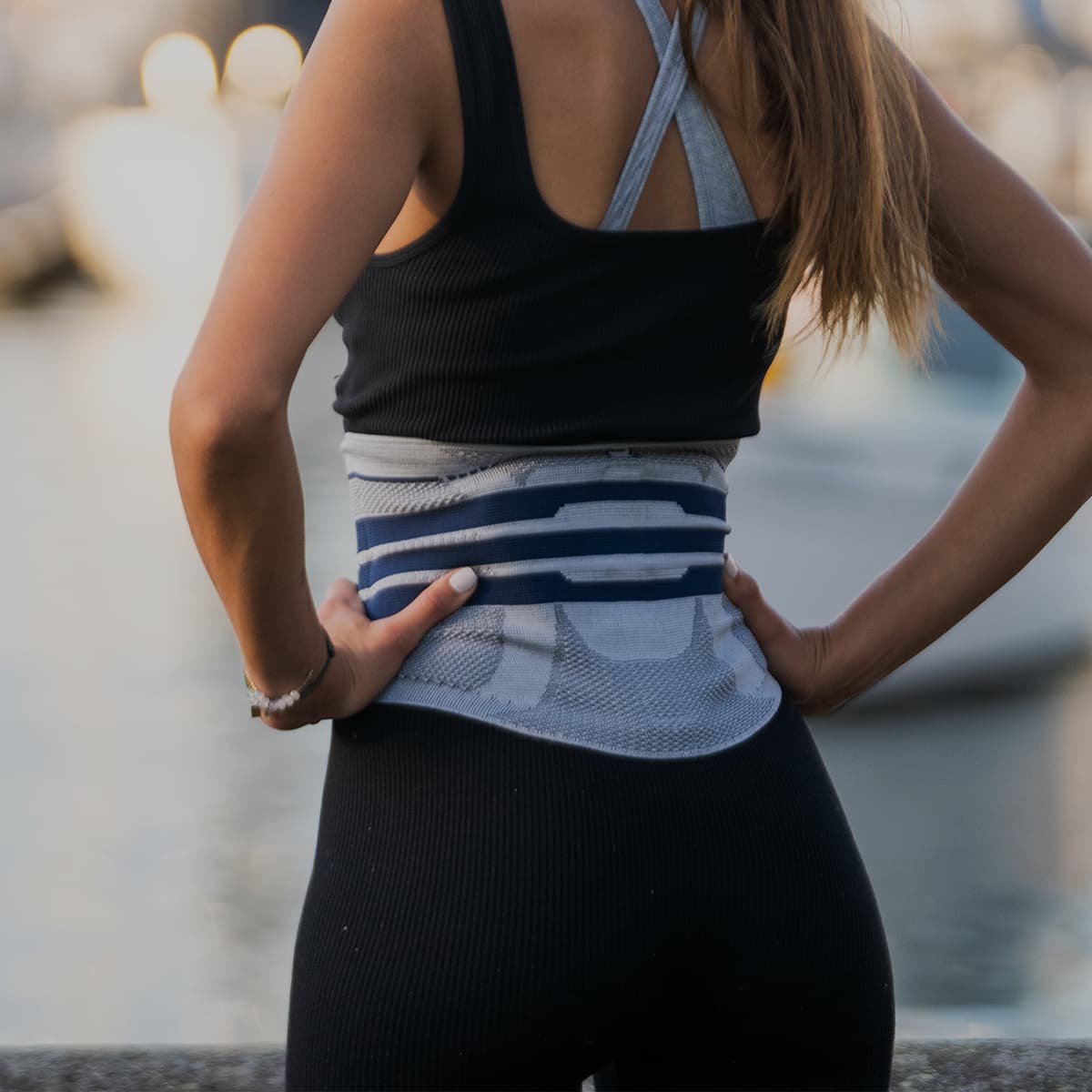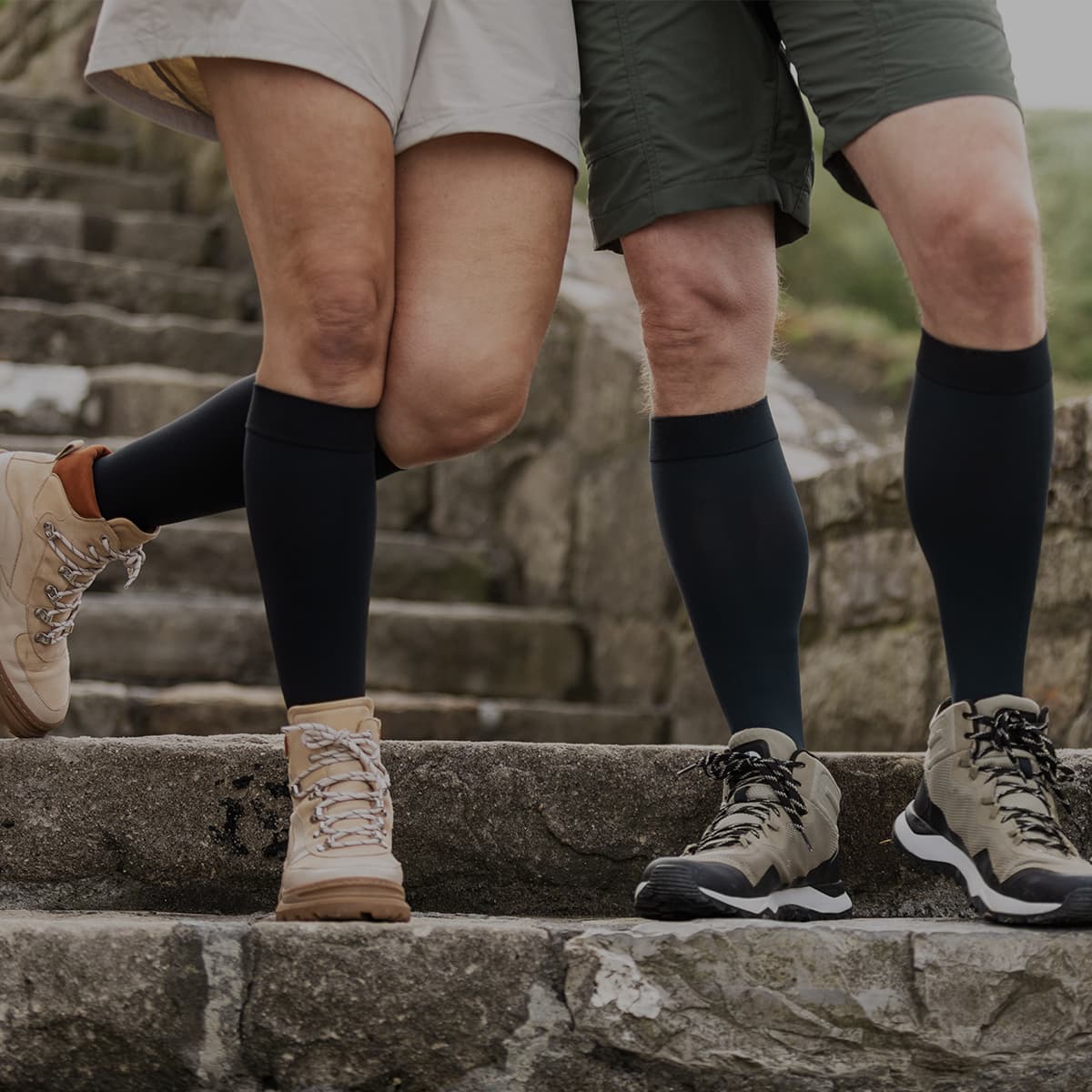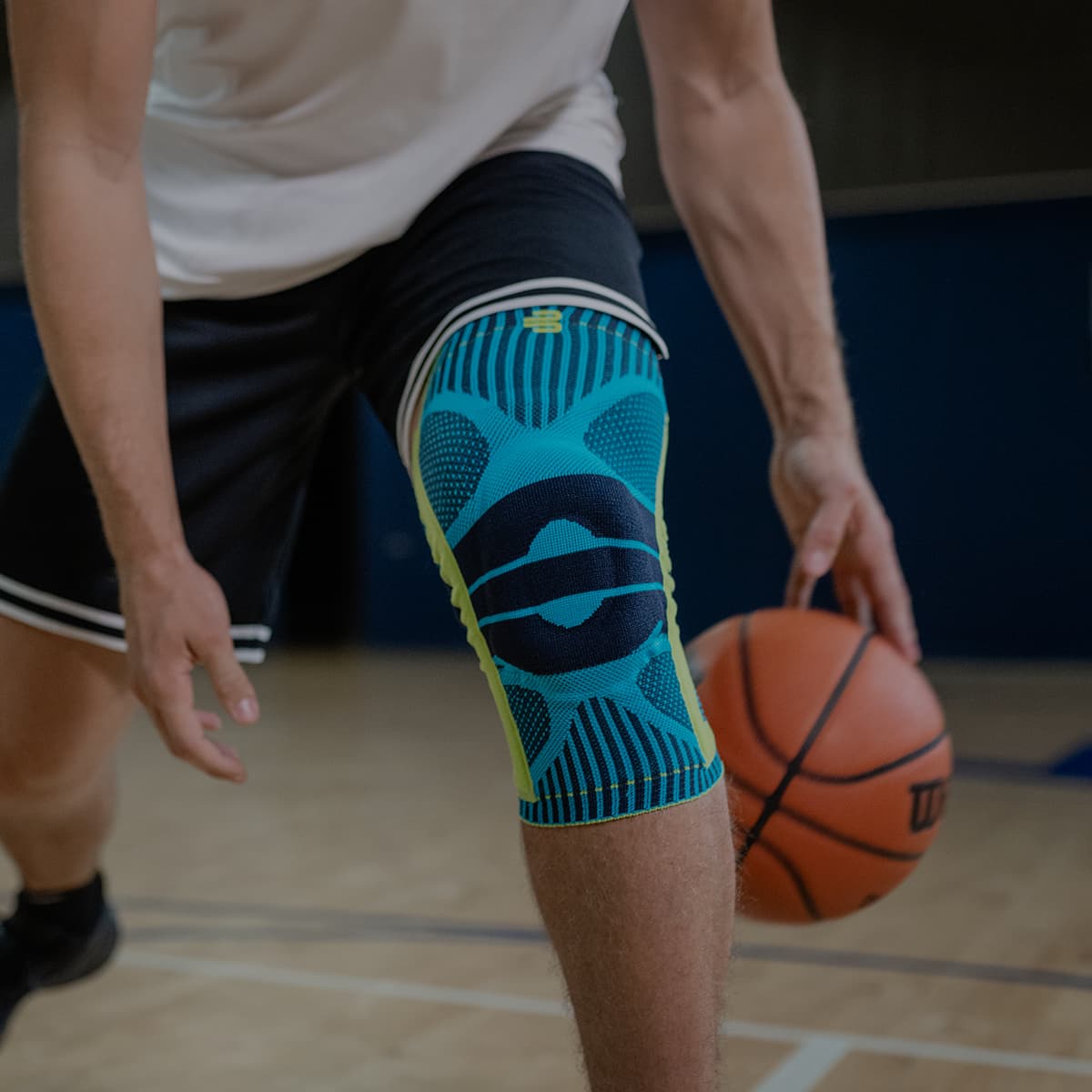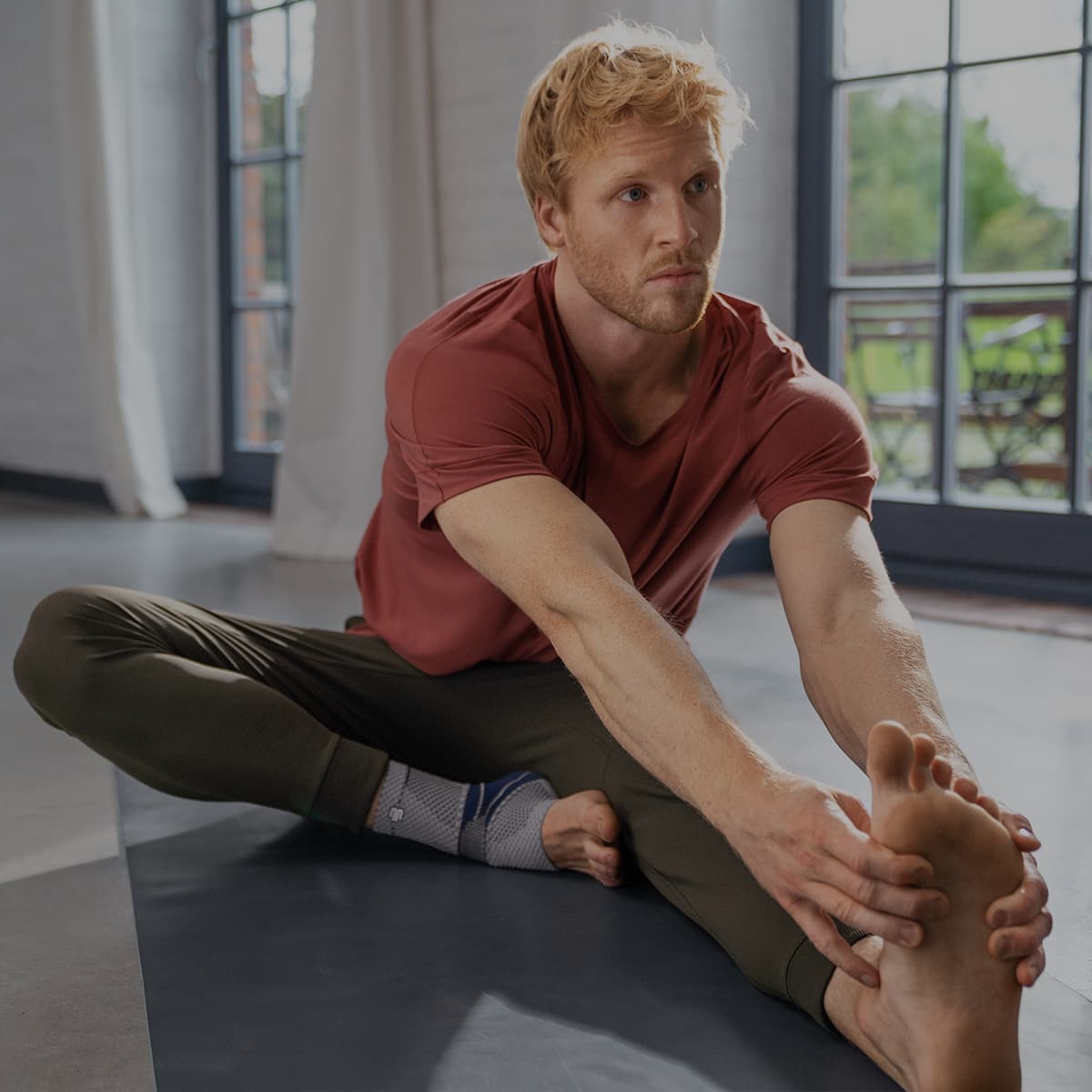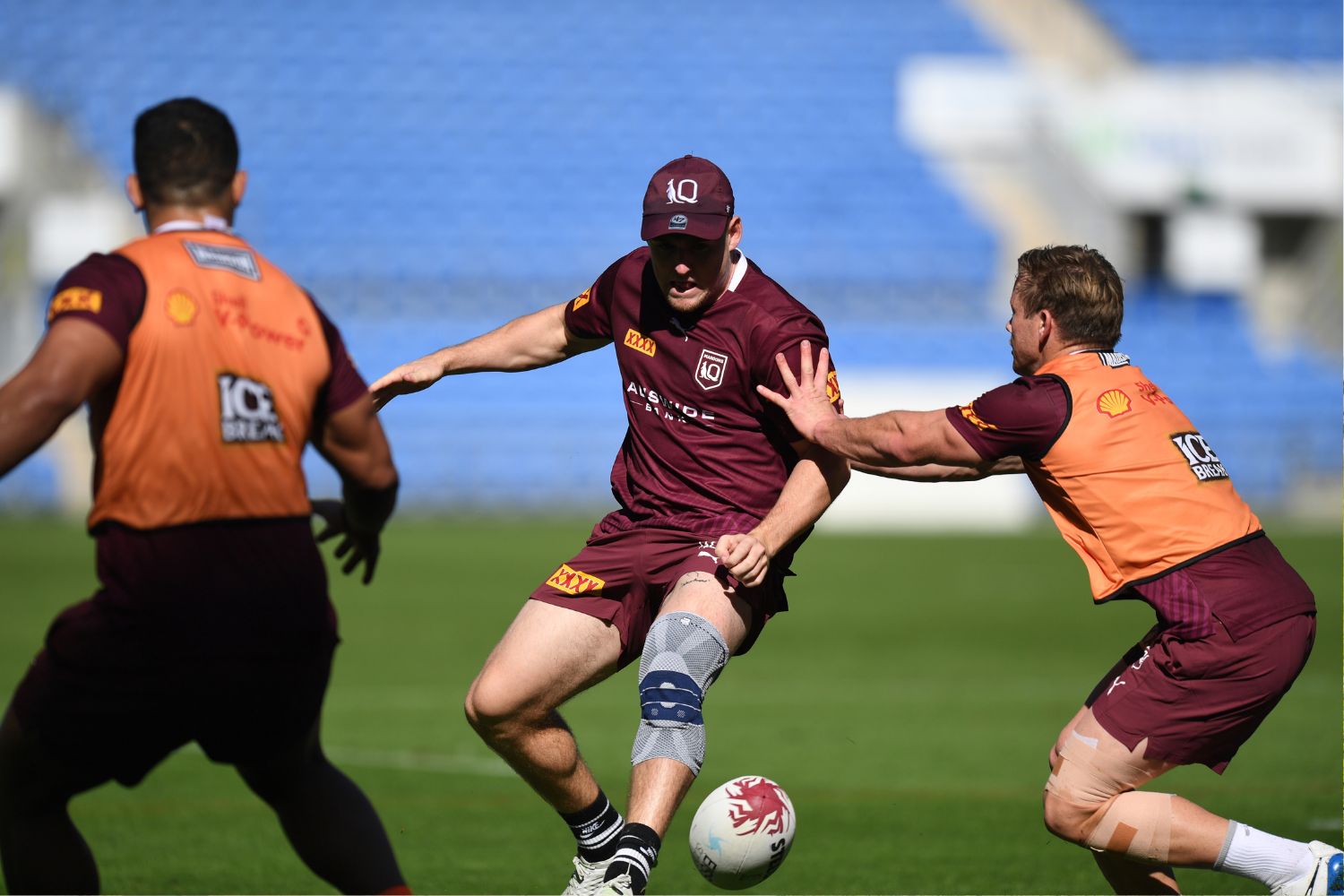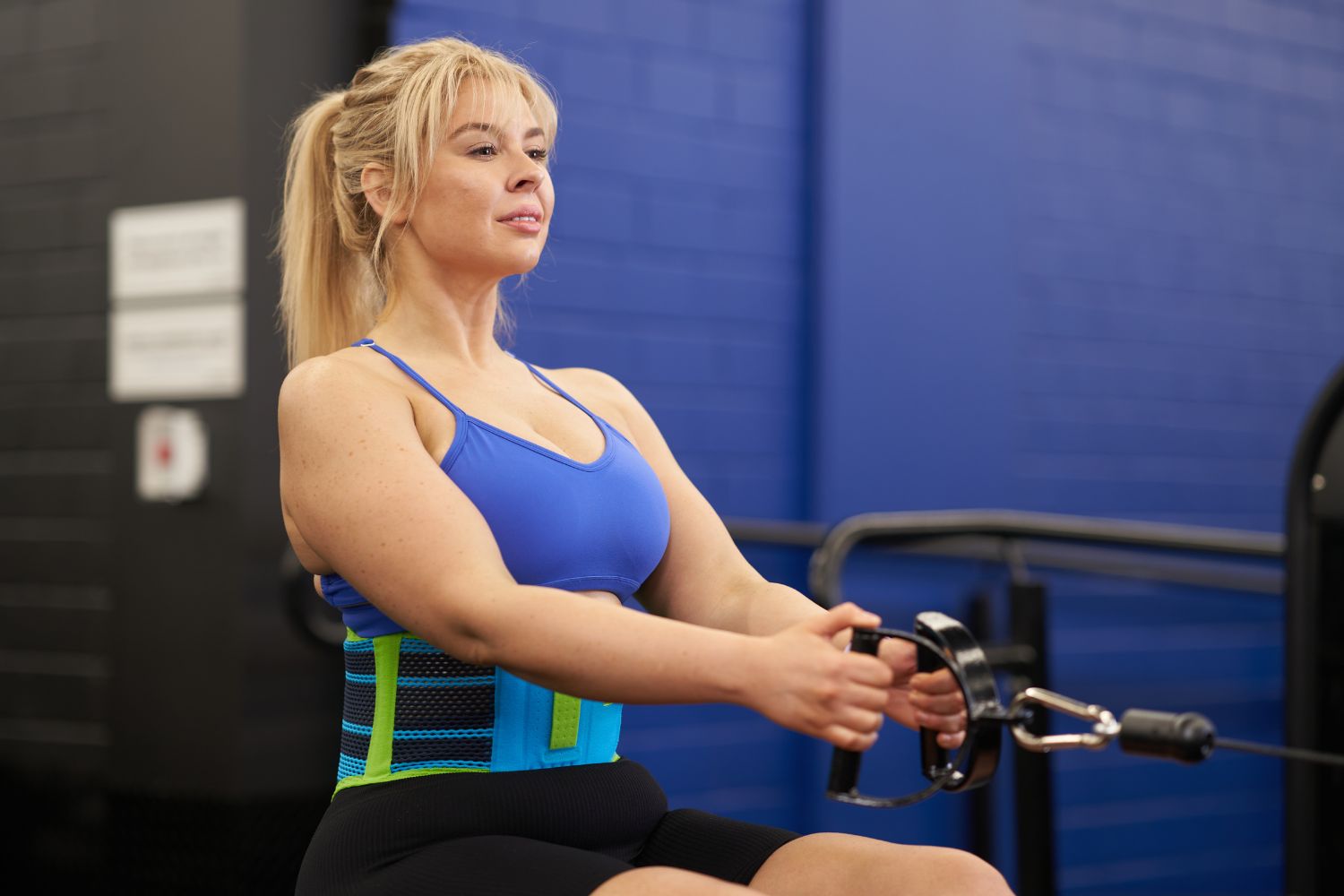Rugby is an intense sport, so training needs to be intense to match. And while strength, cardio, drills, and diet are still the quintessential training essentials, rugby training supports can give you the extra edge you need to maximise your skills and workouts. Here’s how.
Reduce fatigue
Supports like Calf Compression Sleeves are made of compression knit fabric, which works to:
Boost blood flow while reducing venous overflow, helping your muscles get all the oxygen and nutrients they need to perform at a faster rate. To cut a long story short, healthy arteries can get blood into the muscle easily, but as you keep pushing yourself to the limit, your veins can start struggling to keep up. And as there’s limited space, too much built-up “old” blood means “new” oxygen and nutrient-rich blood can’t get in quick enough, leading to fatigue. But as compression knit gently squeezes congested veins and activates their supporting muscles, they speed up the rate of venous return, thus reducing your rate of fatigue.
Activate your muscles more efficiently. The hundreds of meshes woven into compression socks and sleeves communicate with your muscle fibres, helping them send and receive messages to and from the brain. With your muscles working more quickly and efficiently, they’ll be slower to fatigue.
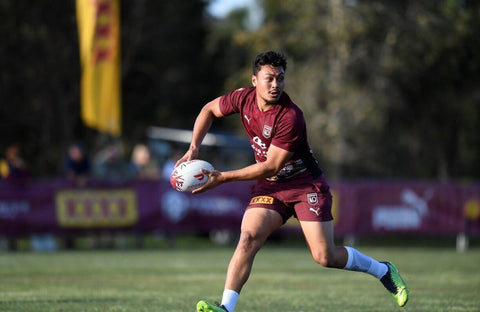
Sports Compression Calf Sleeves
Speed up recovery
You likely follow a strict training routine to build strength, speed and endurance. And the closer you get to the pro level, the fewer rest days you can squeeze in, leading to muscle damage and inflammation. While giving your muscles at least 24 hours to recover (especially after an intense training session) is always best, you can boost the process through compression.
As we mentioned, wearing compression while you train boosts oxygen and nutrient delivery to the muscle. Along with reducing fatigue, this kick-starts the muscle healing process as you work through your cool-down. You can also wear recovery socks after training so your blood flow stays strong even when resting.
Compression garments also reduce muscle oscillations, which are the uncomfortable vibrations shooting up your legs when your foot hits the ground. And while they may not seem all that bad, they can do much microscopic damage to your muscle fibres. Wearing compression when you jog, interval train, or do any other activity with your feet repeatedly hitting pavement minimises these vibrations, thus saving your muscles some recovery time.
Protect against injury
It’s definitely true that playing a game of ruby leaves players prone to injury - so much so that at the pro level, there are 81 injuries per 1000 hours played. But rugby training isn’t precisely injury-free. While you’re arguably less likely to sever an ACL at the gym than you are on the field, too much or improper training leaves you open to some gnarly overuse injuries, like:
- Achilles tendonitis: Gradual damage to the Achilles tendon causes it to inflame
- Shin splints: Repetitive strain to the tibia and its surrounding tissues results in pain and inflammation
- Stress fracture: Repetitive stress to a bone causes micro-cracks to develop
Fortunately, a good rugby training support's muscle-activating and blood-flow-boosting properties can minimise your risk. By warming up the muscle, they prep it for serious training exercises. By activating muscle fibres, compression helps them better support surrounding tissues. And by reducing the rate of fatigue, your muscles can work to protect surrounding tissues for longer.
Improve your workout intensity
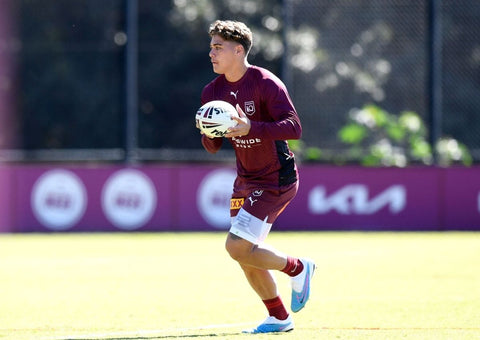
Sports Compression Thigh Sleeves
Rugby supports like the Sports Compression Thigh Sleeves can also help you increase the intensity of your workouts.
- Their muscle-activating and circulation-boosting properties reduce fatigue for longer training sessions.
- They activate key muscle groups for a more targeted workout and less strain on smaller muscles that are quicker to tire out.
- And third, they can reduce muscle soreness and the perception of exertion, helping you work out longer.
To sum up
Rugby is a demanding sport. You'll need to push yourself to the limit to perform well (and especially to go pro). Fortunately, mixing in a few rugby supports like compression socks and wrist wraps can help you make the most of your training sessions, giving you an edge on the field.
Check out more training supports for rugby: Rugby Support
If you require assistance selecting the right product for your needs or wearing the brace, call us on 098015660 or contact us via live chat.
Do you have private health? Most private health extras will cover Bauerfeind Products. Check to see if yours is included. Bauerfeind Private Health Insurance Inquiry.

